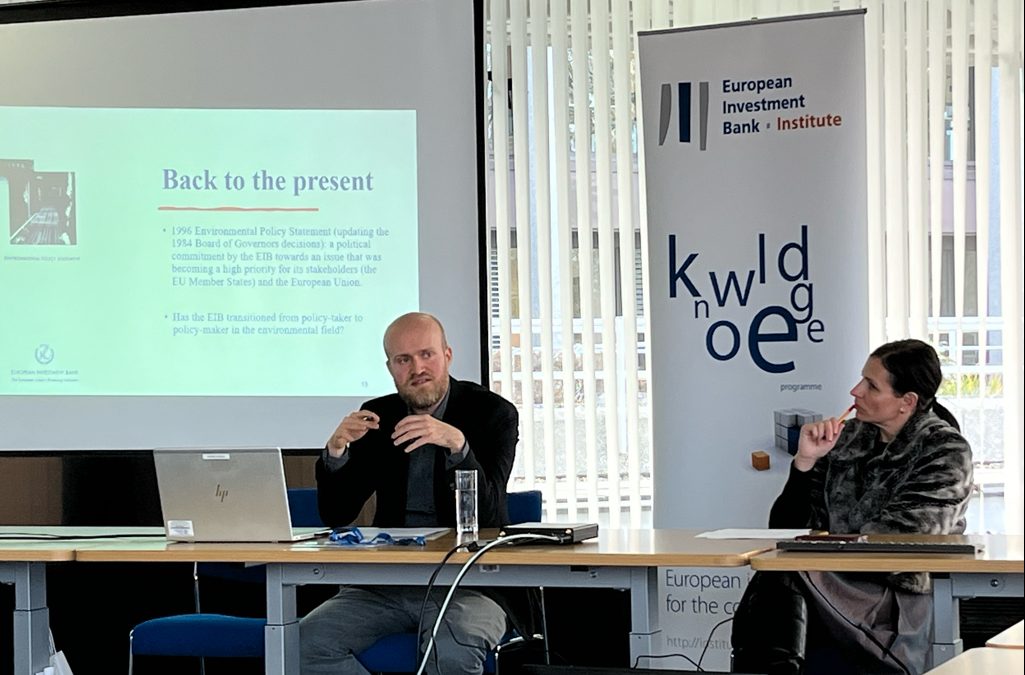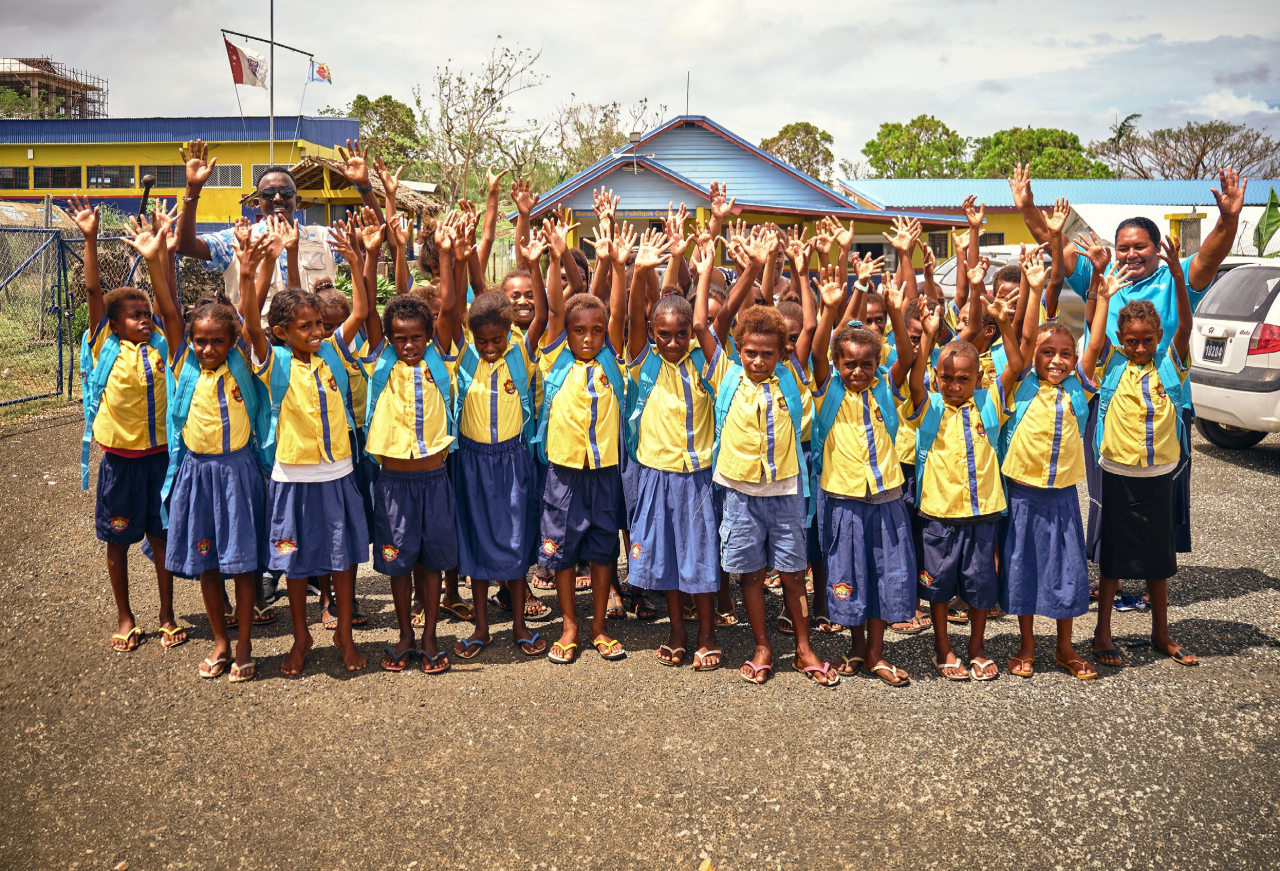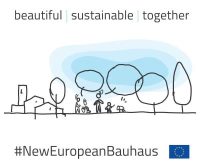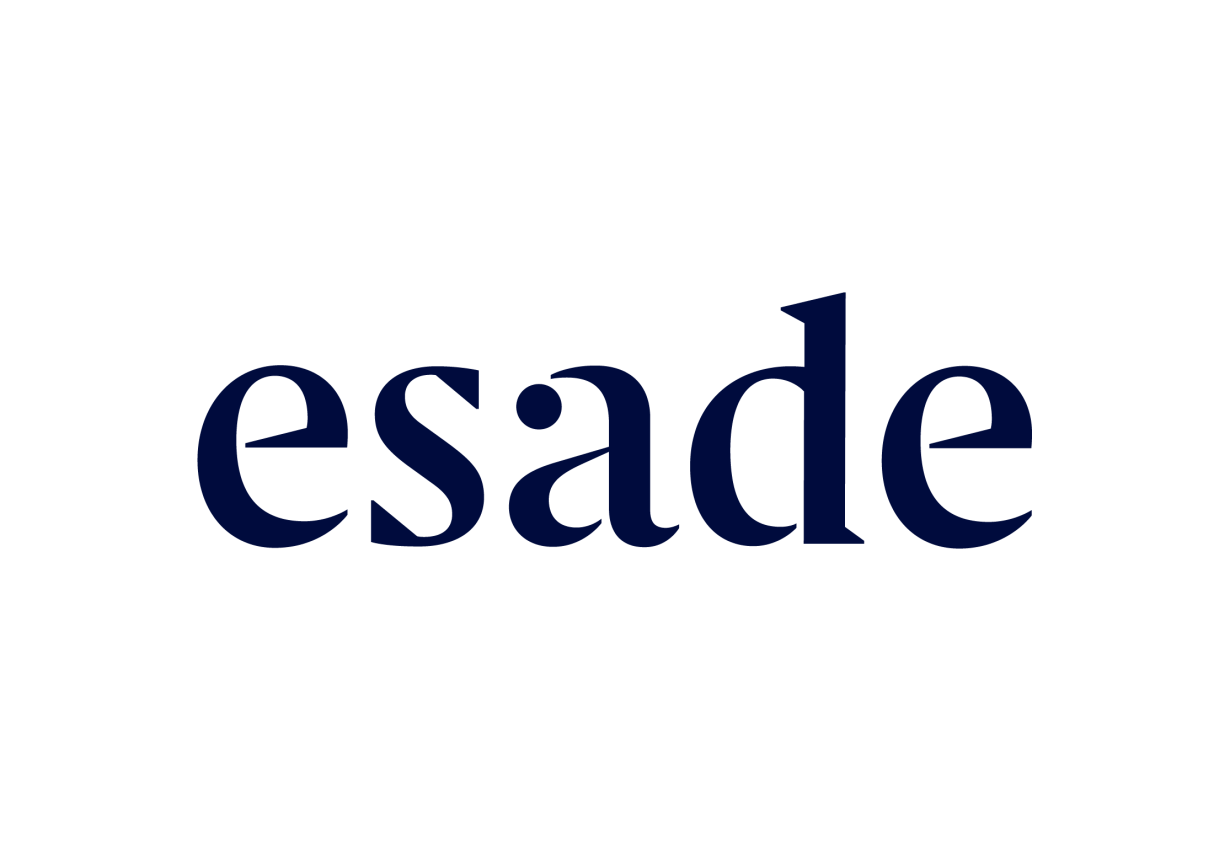When did environmental protection become an EIB eligibility criterion in its own right and how far did this affect the European discussion of environmental issues in the period from the 1970s to the 1990s? These were among the questions investigated in a STAREBEI research grant by Jacopo Cellini, European University Institute, and presented at the EIB on 13 December 2022.
The 1996 Environmental Policy Statement was a political commitment by the EIB towards an issue that was becoming a high priority for its shareholders, the EU Member States and the European Union.
According to the research findings four factors pushed environmental protection to EIB’s agenda: 1) the evolution of the EC/EU environmental legislation; 2) External pressure of societal actors; 3) the “institutional example” given by other multilateral financial institutions and 4) the proactive attitude of EIB staff and management.
Yet, the origins of EIB’s environmental activities go back much further. The first EIB document dealing with environmental issues is a note from an engineer from the EIB Research Department dated 2 July 1971: “I have the impression that the issue of environmental protection has not received any particular attention in the Bank so far”. At that time, there was increased attention towards the environment at international and European level with the Stockholm conference (1972) and the first EC Environmental Action Plan (1973).
In 1973, the EIB Management Committee decided “to consider as eligible for loans from the Bank, under the common interest to several Member States, certain projects aimed at safeguarding the environment”.
The first financed projects under environmental protection were the installation of equipment for the control of exhaust fumes and dust emissions in a steel factory in North Rhineland-Westphalia in 1973 and, in 1974, the construction of a water purification plant in Germany to reduce pollution of the river Rhine.
Since then, the EIB has continuously increased its financing for climate related projects, reaching 50% of its financing for such projects in 2021.
The research work was based on information held in the EIB archives and in the Historical archives of the EU as well as interviews with current and former EIB staff. Click here for the presentation.
STAREBEI (STAges de REcherche BEI-EIB research internships) is a programme that provides grants to universities to finance junior researchers carrying out research projects proposed by the EIB Group (EIB and EIF) under the joint supervision of a university tutor and an EIB or EIF co-tutor.
To date, 65 young researchers from 41 universities in 14 European countries have benefited from the STAREBEI programme.





